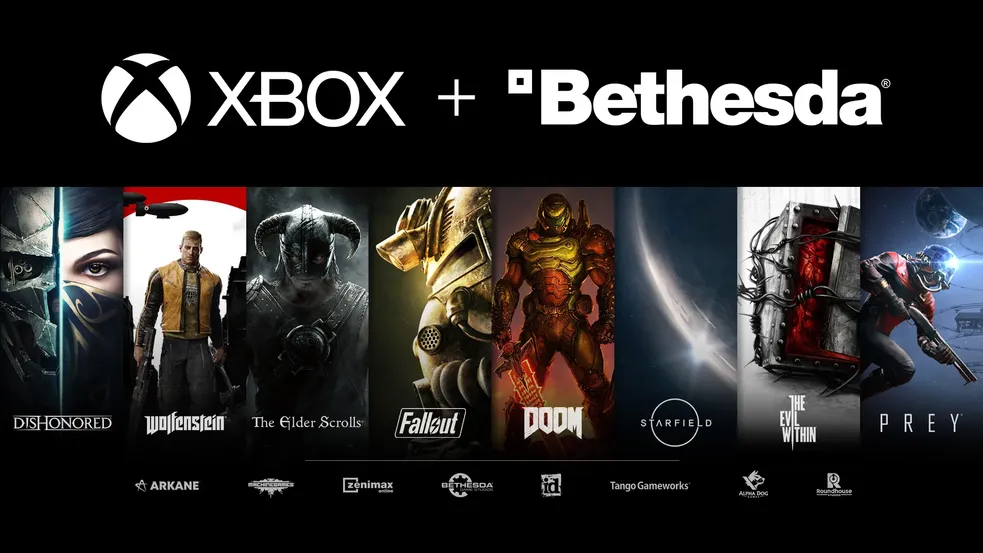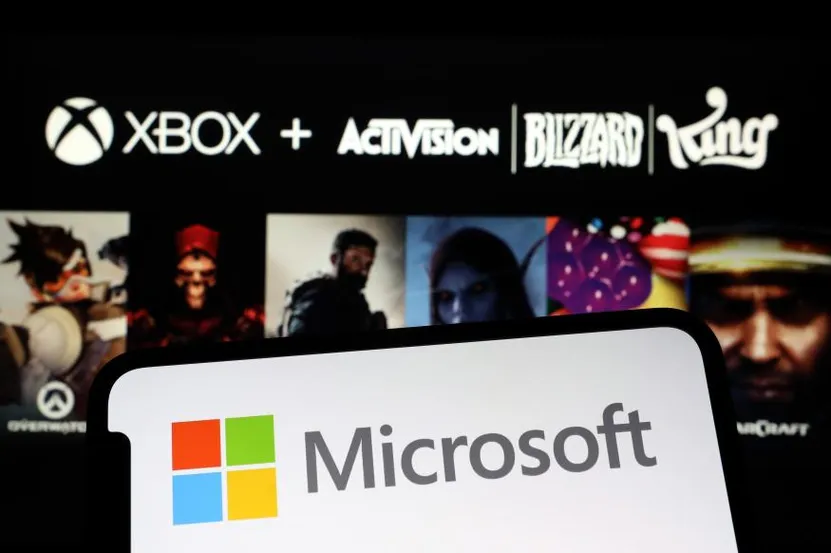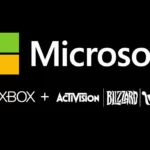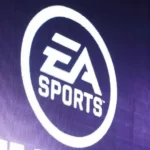In January 2022, Microsoft announced its plan to acquire Activision Blizzard for almost $69 billion, targeting the lucrative mobile gaming market. However, the Federal Trade Commission (FTC) is seeking to halt the deal, citing concerns of stifling competition and allowing Microsoft to dominate the gaming industry. Despite Microsoft’s offer to allow Call of Duty on Sony devices for a decade, the FTC is pushing back, and Sony is lobbying regulators around the world to block the deal.
Microsoft argues that the acquisition would be a vertical merger and not a horizontal one, which would benefit consumers. The European Union has cleared the deal, but the FTC continues to pursue the case due to its ideological war on “bigness” and consumer-welfare standards. The US judge will now decide on issuing a temporary restraining order and a preliminary injunction to prevent Microsoft from closing the deal until the result of the FTC’s legal challenge.
If the injunction is unsuccessful, Microsoft is eager to fast-track the legal process in the US to bring more choice and competition to the market. Activision Blizzard CEO Bobby Kotick shares a similar sentiment.
Yesterday was the court meeting and the FTC had a lot to say. The Federal Trade Commission is requesting that a judge prevent Microsoft and Activision Blizzard from finalizing their merger until the agency’s in-house court rules on whether the combination will harm competition in the video game industry.
The FTC claims that the merger would give Microsoft’s Xbox exclusive access to Activision games, which would leave Nintendo consoles and Sony’s PlayStation out in the cold. Microsoft’s lawyer, Beth Wilkinson, argued that the evidence shows it would only be sensible for Xbox to make the Activision games available on as many platforms as possible. She also argues that If an injunction is granted, it could result in a three-year administrative proceeding that would potentially terminate the merger.
On Friday, several experts and CEOs are scheduled to appear before the court to discuss Microsoft’s proposed acquisition of Activision Blizzard, including Microsoft Gaming CEO Phil Spencer, senior Microsoft finance director Jamie Lawver, and former director of product management for Google’s now-closed Stadia cloud gaming service, Dov Zimring. Sony Interactive Entertainment CEO Jim Ryan will also appear via video deposition.
The FTC also argued that the proposed merger, which would be the largest for Microsoft and the biggest in the history of the video game business, would give Microsoft the power and incentive to restrict or reduce access to Activision’s content in ways that would significantly harm competition in the industry.
In response, Microsoft has stated that the merger would be beneficial for gamers and gaming companies alike and has proposed signing a legally binding consent decree with the FTC to ensure that “Call of Duty” games are available to competitors for a decade.
The Federal Trade Commission (FTC) is citing Microsoft’s acquisition of ZeniMax as “powerful evidence” that it cannot trust Microsoft’s assurances regarding the proposed acquisition of Activision Blizzard. Before the ZeniMax acquisition was finalized, executives from both companies suggested that future Bethesda games will not become Xbox exclusives. However, once the deal was completed, Microsoft quickly announced console exclusivity for some future Bethesda titles, including Starfield and Elder Scrolls VI.

Although Microsoft’s announcement regarding Call of Duty is much more concrete and binding than the ZeniMax situation, the FTC’s concerns are still understandable. The FTC argues that Microsoft’s decision to make ZeniMax franchises exclusive shows that the company is willing to prioritize its own interests over the interests of gamers and the gaming industry, despite concerns that doing so may anger the gaming community.
Sony has also raised similar concerns about Microsoft’s history of non-compliance with behavioral commitments regarding cross-platform Call of Duty in a filing with the UK’s Competition and Markets Authority. The FTC previously cited Bethesda’s post-acquisition exclusives as part of Microsoft’s “record of acquiring and using valuable gaming content to suppress competition from rival consoles.”
We will update this situation with more information as soon as we have them.
The FTC is concerned that the acquisition would stifle competition and give Microsoft too much power in the gaming industry.
Microsoft argues that the acquisition would be a vertical merger and benefit consumers, and that it would be sensible for Xbox to make Activision games available on multiple platforms.
Microsoft has proposed signing a legally binding consent decree with the FTC to ensure that “Call of Duty” games are available to competitors for a decade.
Sony is concerned about Microsoft’s history of non-compliance with behavioral commitments regarding cross-platform Call of Duty, and the company’s record of acquiring and using valuable gaming content to suppress competition from rival consoles.
The US judge will decide on issuing a temporary restraining order and a preliminary injunction to prevent Microsoft from closing the deal until the result of the FTC’s legal challenge. Several experts and CEOs are scheduled to appear before the court to discuss Microsoft’s proposed acquisition of Activision Blizzard.













